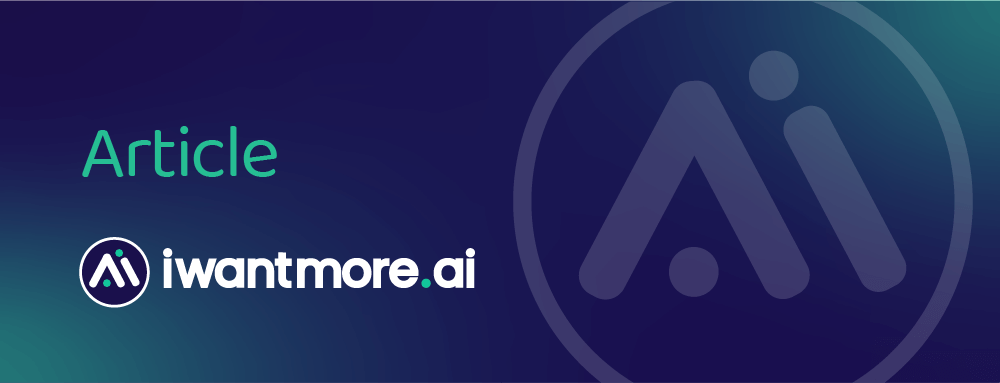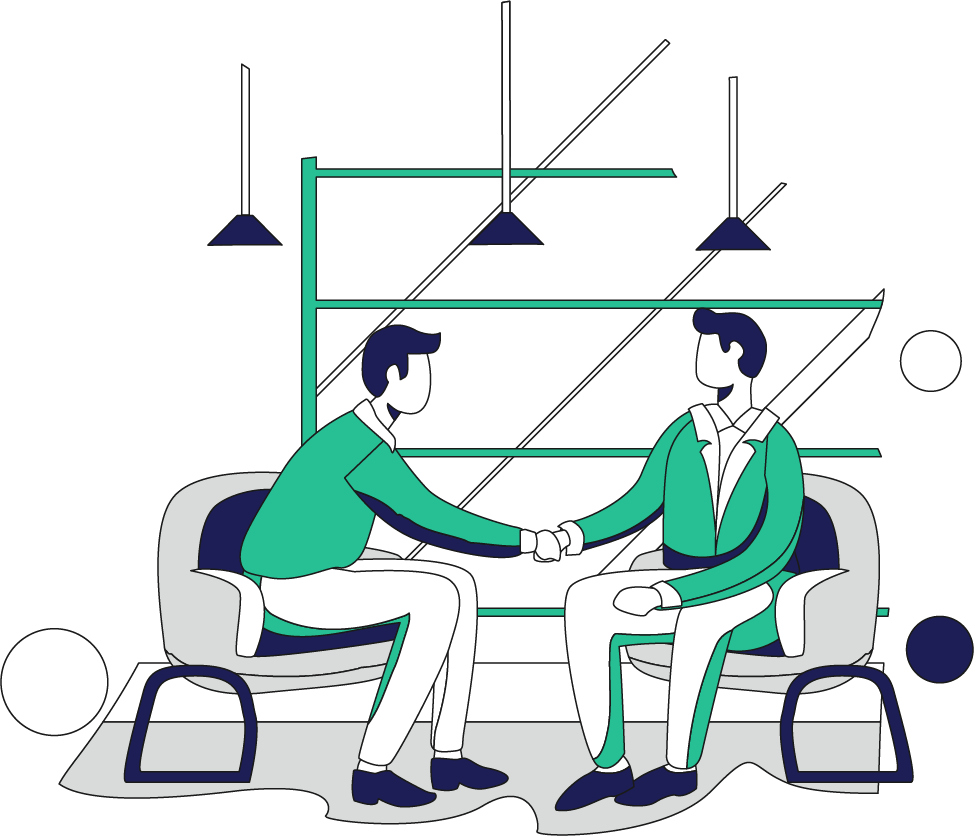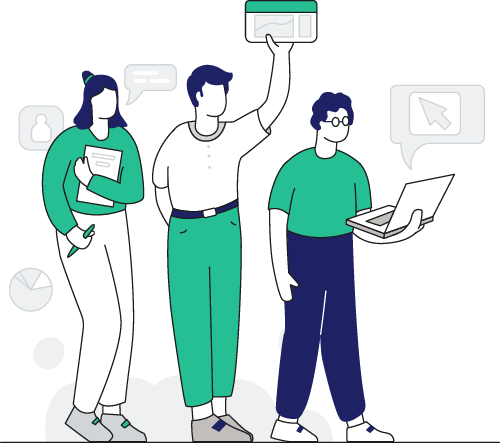
‘There’s an AI agent for that!’ – but what exactly is an AI agent?
AI agents seem to have come out of nowhere. And the hype is getting real – fast. Cue Salesforce ads on prime-time TV with legends Matthew McConaughey and Woody Harrelson.
There’s still some confusion as to what an AI agent actually is (see our article ‘whats the difference between traditional automation and AI agents‘ if you want it cleared up). In many cases it’s probably still just simple automation with a fancy name. But at the more sophisticated end of the spectrum, these autonomous, intelligent systems can reason, plan, self-correct, and collaborate with minimal human intervention.
The rise and rise of AI agents
AI agents have quickly moved from niche applications to widespread adoption. Tech monsters such as Microsoft and Salesforce are battling over who can make the most noise and seem the most advanced. They’re integrating AI agents into their products almost daily. These agents are not just old school chatbots – they are capable of analysing vast amounts of data, making decisions, and even autonomously executing tasks that previously required human expertise.
How AI agents are changing business
The integration of AI agents is already having a big impact across different functions in businesses:
- Customer service: AI agents are now providing 24/7 support for businesses like Klarna, resolving customer inquiries instantly, and reducing the need for human intervention, often with better customer feedback scores than humans.
- Sales and marketing: Businesses are using AI agents to generate leads, personalise interactions, and drive sales in real time.
- Operations management: AI agents in supply chains monitor stock levels, reorder supplies autonomously and predict demand fluctuations with high accuracy.
By handling complex workflows, AI agents can free up human employees to focus on strategic decision-making, creativity, and relationship-building.
Are they coming for my job?
Despite their potentially huge upside, AI agents can come with challenges. Cybersecurity risks, ethical concerns, and the displacement of human workers are key issues that must be addressed by leadership teams. But displacement doesn’t have to equal removal. Use your people for what they do best, not just for mundane admin tasks. Let them think strategically, let them build and nurture relationships. Businesses need to have a clear set of AI principles that they live by and that are communicated to their teams.
Organisations adopting AI agents should ensure transparency, fairness, and accountability in their deployment. Regulatory frameworks will play a crucial role in mitigating risks and ensuring AI agents are used responsibly.
The future of AI agents
As AI technology advances, AI agents will become even more sophisticated, even more capable of handling nuanced decision-making and even more able to collaborate seamlessly with human teams. The businesses that embrace this shift early will gain a competitive edge. Those that don’t, well…
The question is no longer whether AI agents will transform business – it’s how quickly companies can adapt and adopt. In this new world – there’s an agent for that.
We are iwantmore.ai – an AI consulting firm who are helping businesses identify their use cases and are educating them how to build agents that streamline their operations. Contact us for a free no obligation conversation about how AI agents can help your business.
Interested in more content like this? Sign up to our Newsletter here.
Other AI articles you may be interested in:

Governments across the world are racing to develop and deploy AI, but their approaches couldn’t be more different. The United States, China and the United Kingdom have all released formal action plans in 2025 that give us a clear sense of their priorities, politics and philosophies on AI. Here’s what they’re doing and what it tells us.

Governments across the world are racing to develop and deploy AI, but their approaches couldn’t be more different. The United States, China and the United Kingdom have all released formal action plans in 2025 that give us a clear sense of their priorities, politics and philosophies on AI. Here’s what they’re doing and what it tells us.

We say it to every business we meet. Regardless of the project, you can have the coolest, sexiest, best bit of tech out there, but without the people being on board it is a complete waste of time and money. Rolling out AI is no different. It’s about people. What’s the best way of bringing people along on any tech journey? Other people.

Artificial intelligence is hungry for energy. Behind every chatbot, Copilot, or agent are servers burning a lot of power. As more UK companies adopt AI tools, it's worth paying attention to how much energy those tools use and what that means for your sustainability targets and reporting requirements.

AI is no longer a future trend — it’s a present-day advantage. While some businesses are building AI agents and transforming operations, others risk falling behind. This article looks at what’s driving the AI divide, why foundational knowledge matters, and how even small steps can unlock real competitive value. If you’re standing still, you’re already losing ground.

It was only a year or two ago that the role of prompt engineer was being touted as the next great career path. Thousands of job ads appeared. People the world over updated their LinkedIn profiles to highlight their prompt engineering skills. Fast forward a couple of years and the role is already on its way out.
iwantmore.ai – The AI consulting firm that helps you build a smarter business
Wherever you are with your AI implementation initiatives, we have a range of stand-alone AI quick start services to help you fast track the transformative benefits of AI across your business.



